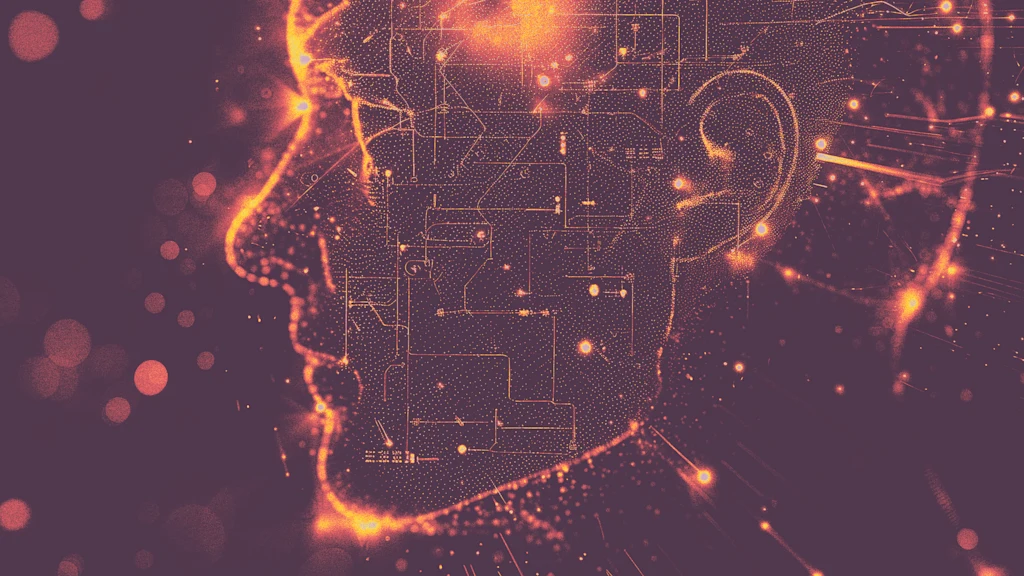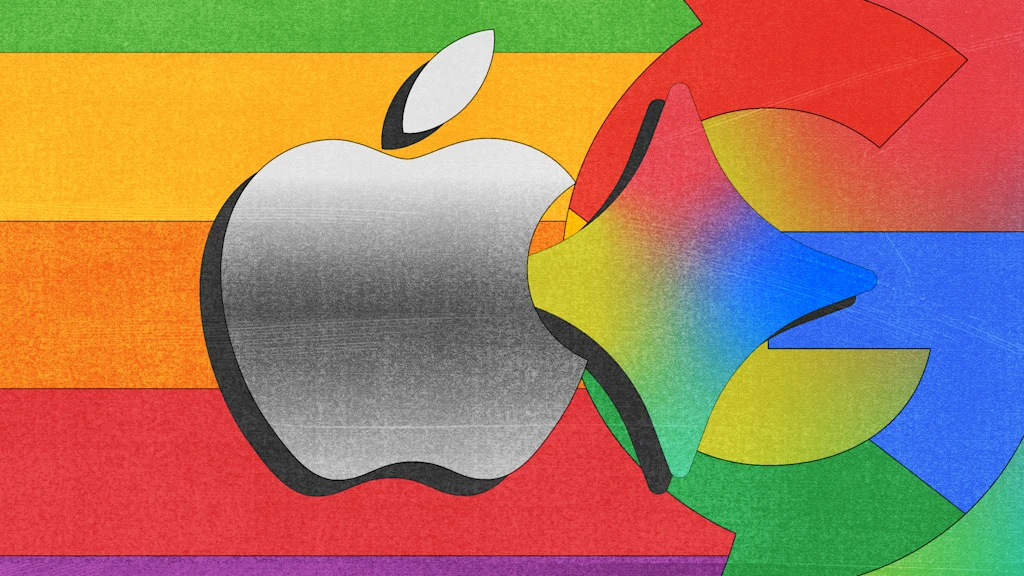fromTechCrunch
18 hours agoLotus Health nabs $35M for AI doctor that sees patients for free | TechCrunch
In essence, Lotus is building an AI doctor that functions like a real medical practice, equipped with a license to operate in all 50 states, malpractice insurance, HIPAA-compliant systems, and full access to patient records. The key difference is that the majority of the work is done by AI, which is trained to ask the same questions a doctor would.
Health











